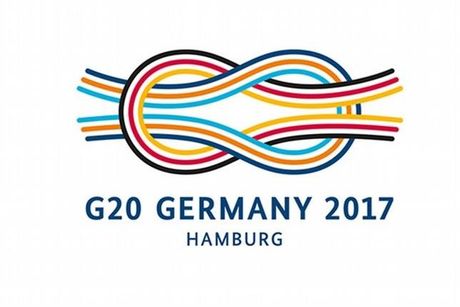In a joint study published on 20 March, the International Energy Agency and the International Renewable Energy Agency warn that the target of limiting climate change to two degrees Celsius cannot be achieved unless there is a radical change in energy policy. After all, the energy sector accounts for two-thirds of the global greenhouse gas emissions. Every country decides at its own discretion what it is prepared to contribute to the reduction of greenhouse gases and how it attempts to reach its goal: Whereas Japan, for instance, continues to rely on nuclear energy, Germany specifically promotes the expansion of renewable energies.

Policy Brief: International energy monitoring required
23. March 2017
The worldwide conversion of the energy supply systems – away from high greenhouse gas emissions and towards more sustainability – should be monitored by an independent expert committee. This stipulation was put forward by 22 scientists from Germany, China, Australia, Japan and the UK in a food-for-thought paper for the German G20 presidency. acatech supports their common objective.
But how can we verify what progress a country has actually made regarding the conversion of its energy supply systems? Headed by Andreas Löschel, economist from the University of Münster and chairman of the expert commission on the monitoring process “Energy of the Future”, 22 scientists have developed a proposal: In the food-for-thought paper “Establishing an Expert Advisory Commission to assist the G20's Energy Transformation Processes”, the experts suggest that the G20 set up an expert commission to
- establish a common data base for the energy systems in the G20,
- develop indicators to gauge and monitor the progress of the energy Transition,
- analyse the economic, social and environmental consequences of the transformation in the different countries and the implications for their supply security,
- identify best practice examples and prepare the respective data for the public discussion.
The International Energy Commission is to be composed of academic scholars. They should be able to work independently while keeping up regular contact with the G20 governments. According to the authors, the G20 offer the appropriate framework for launching such an initiative on a global scale. Along with the Academies of Science and Engineering in Japan, Australia and China, the British World Energy Council and the German expert commission “Energy of the Future”, the German National Academy of Science and Engineering supports the authors’ proposals.
The food-for-thought paper was elaborated in the “Think20” (T20) working group “Climate Policy and Finance”. Chaired by The Kiel Institute for the World Economy and the German Development Institute, T20 assembles experts from research institutes and think tanks to prepare proposals for the German G20 presidency. The idea for an international energy expert committee was jointly developed by the Board of Directors of the Academies‘ Project “Energy Systems of the Future” (ESYS) and the expert committee “Energy of the Future”.


